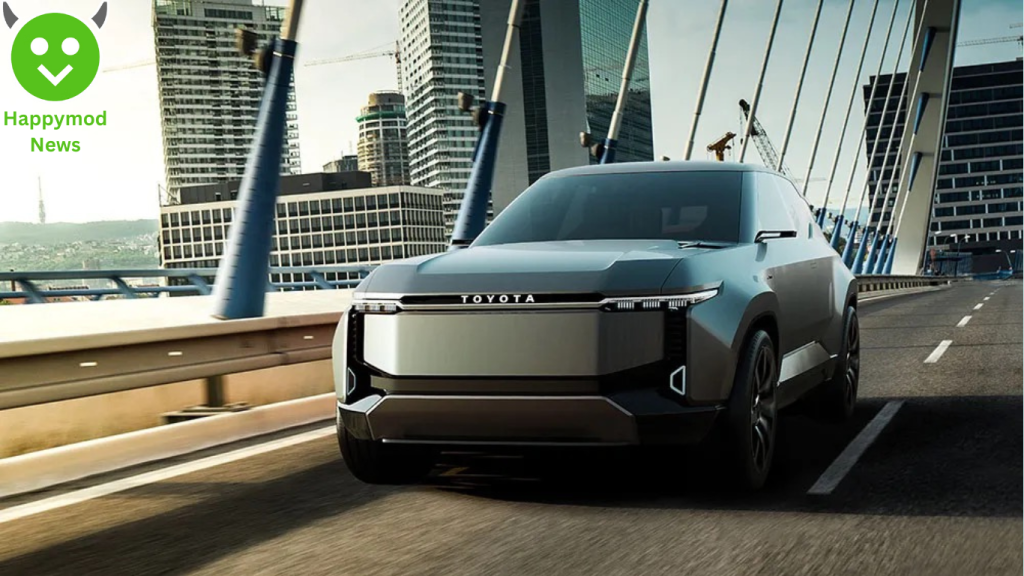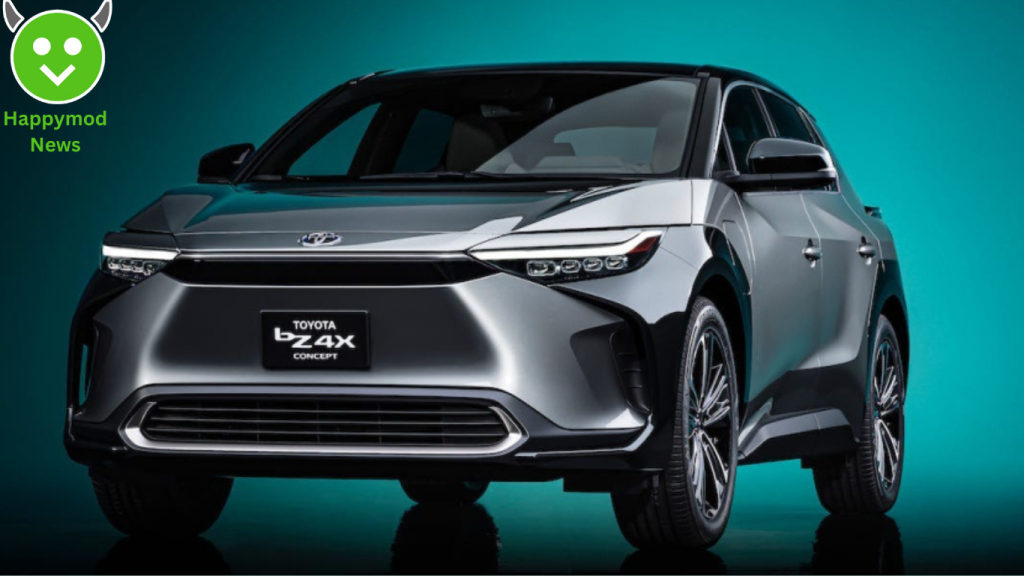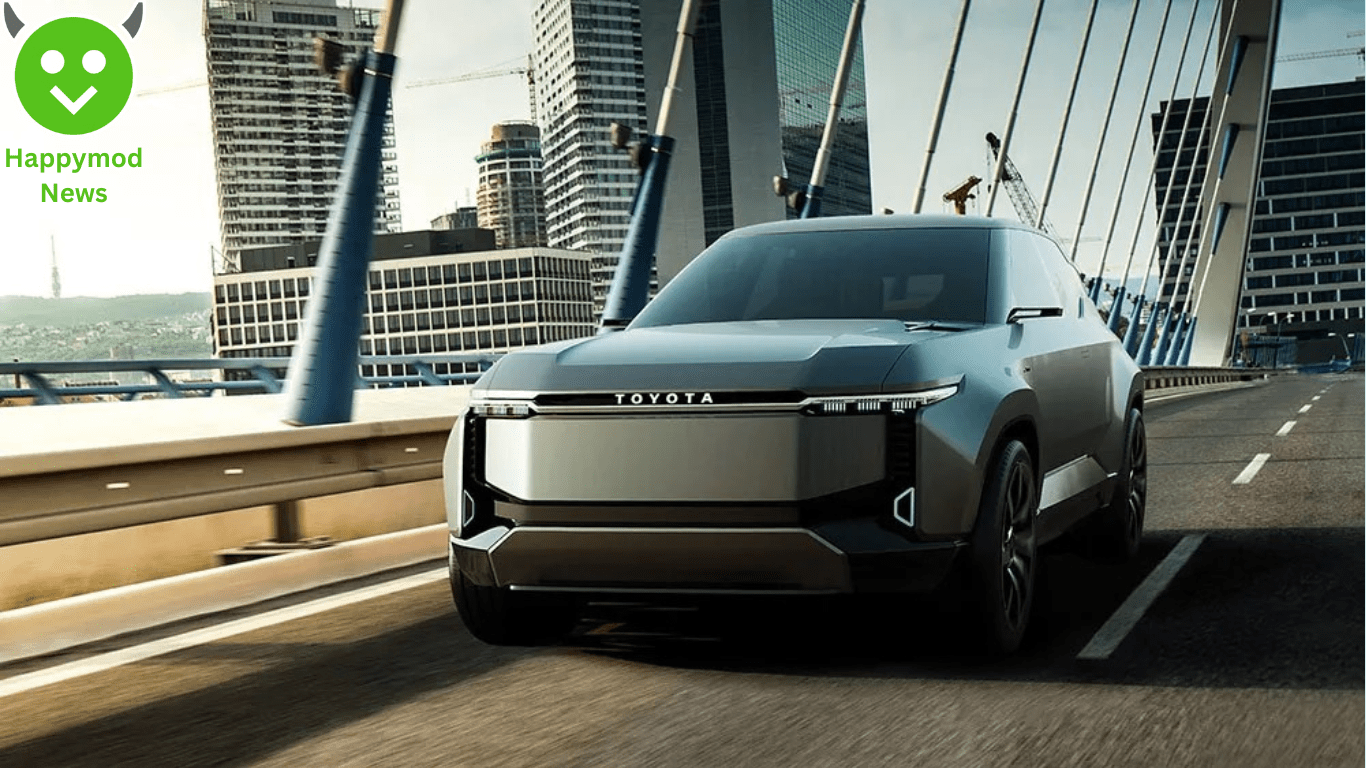The automotive industry is undergoing a seismic shift, with electric vehicles (EVs) taking center stage. As one of the world’s leading automakers, Toyota has long been synonymous with reliability, innovation, and sustainability. However, the brand has often been perceived as a latecomer to the EV race. That perception is changing rapidly. Toyota’s electric revolution is now in full swing, and the brand is poised to redefine its legacy in the era of electrification.
In this article, we’ll explore Toyota’s journey into the electric vehicle market, its latest innovations, and what the future holds for the brand as it embraces a sustainable, electric future.
Toyota’s Legacy: From Hybrid Pioneer to EV Contender
Toyota’s reputation as an eco-friendly automaker was cemented with the launch of the Prius in 1997, the world’s first mass-produced hybrid vehicle. The Prius became a symbol of sustainable mobility, showcasing Toyota’s commitment to reducing emissions and improving fuel efficiency.
However, while other automakers like Tesla, Nissan, and Chevrolet aggressively pursued fully electric vehicles, Toyota remained focused on hybrid and hydrogen fuel cell technology. The Toyota Mirai, a hydrogen fuel cell vehicle, was a testament to the brand’s belief in alternative energy solutions.
But as global demand for EVs surged, Toyota recognized the need to accelerate its electric vehicle strategy. The brand’s electric revolution began in earnest, with ambitious plans to electrify its entire lineup and become a leader in the EV market.

Toyota’s Electric Vehicle Strategy: A Multi-Pathway Approach
Unlike some competitors who have gone all-in on battery electric vehicles (BEVs), Toyota has adopted a multi-pathway approach to electrification. This strategy includes:
- Hybrid Electric Vehicles (HEVs): Toyota continues to refine its hybrid technology, offering fuel-efficient options for consumers who aren’t ready to transition to fully electric vehicles.
- Plug-in Hybrid Electric Vehicles (PHEVs): Models like the RAV4 Prime combine the benefits of electric driving with the flexibility of a gasoline engine.
- Battery Electric Vehicles (BEVs): Toyota is rapidly expanding its BEV lineup, with models like the bZ4X leading the charge.
- Hydrogen Fuel Cell Vehicles (FCEVs): The Mirai remains a key part of Toyota’s strategy, particularly for commercial and heavy-duty applications.
This multi-pathway approach allows Toyota to cater to diverse markets and consumer preferences while advancing its goal of carbon neutrality.
Toyota’s Electric Vehicle Lineup: What’s Available Now?
Toyota’s electric revolution is already underway, with several exciting models hitting the market. Here’s a look at some of the brand’s standout EVs:
1. Toyota bZ4X
The bZ4X is Toyota’s first globally available all-electric SUV, marking a significant milestone in the brand’s EV journey. With a sleek design, impressive range, and advanced technology, the bZ4X is designed to compete with popular EVs like the Tesla Model Y and Ford Mustang Mach-E.
Key Features:
- Up to 252 miles of range (depending on configuration)
- Available in front-wheel drive or all-wheel drive
- Solar roof option for auxiliary charging
- Advanced safety features with Toyota Safety Sense
2. Toyota RAV4 Prime
While not a fully electric vehicle, the RAV4 Prime is a plug-in hybrid that offers an impressive 42 miles of electric-only range. It’s a great option for drivers who want to dip their toes into electric driving without fully committing to a BEV.
3. Toyota Mirai
The Mirai represents Toyota’s commitment to hydrogen fuel cell technology. With a range of over 400 miles and zero emissions, the Mirai is a compelling option for those interested in alternative energy solutions.
What’s Next for Toyota’s Electric Revolution?
Toyota’s electric revolution is just getting started. The brand has announced ambitious plans to electrify its entire lineup and achieve carbon neutrality by 2050. Here’s what we can expect in the coming years:
1. Expansion of the bZ Series
The bZ4X is just the beginning. Toyota plans to launch a full lineup of bZ (Beyond Zero) vehicles, including sedans, SUVs, and trucks. These models will be built on Toyota’s dedicated EV platform, offering improved performance, range, and efficiency.
2. Solid-State Batteries
Toyota is investing heavily in solid-state battery technology, which promises to revolutionize the EV industry. Solid-state batteries offer higher energy density, faster charging times, and improved safety compared to traditional lithium-ion batteries. Toyota aims to bring solid-state batteries to market by the mid-2020s.
3. Increased Production Capacity
To meet growing demand for EVs, Toyota is ramping up production capacity worldwide. The brand has announced plans to build new battery plants and expand existing facilities, ensuring a steady supply of EVs for global markets.
4. Focus on Sustainability
Toyota’s electric revolution isn’t just about vehicles; it’s about creating a sustainable ecosystem. The brand is exploring ways to reduce the environmental impact of EV production, including using recycled materials and renewable energy in its factories.
5. Autonomous Driving and Connectivity
Toyota is integrating advanced autonomous driving and connectivity features into its EVs. The brand’s Arene operating system will enable over-the-air updates, personalized driving experiences, and seamless integration with smart devices.

Challenges and Opportunities
While Toyota’s electric revolution is full of promise, the brand faces several challenges:
- Competition: The EV market is highly competitive, with established players like Tesla and emerging rivals from China. Toyota must differentiate itself through innovation, quality, and brand loyalty.
- Infrastructure: The success of EVs depends on the availability of charging infrastructure. Toyota is working with partners to expand charging networks, but progress varies by region.
- Consumer Adoption: Despite growing interest in EVs, many consumers remain hesitant due to concerns about range, charging times, and cost. Toyota’s multi-pathway approach aims to address these concerns by offering a range of electrified options.
On the flip side, Toyota’s strong brand reputation, global reach, and commitment to sustainability give it a significant advantage in the EV race.
Conclusion: Toyota’s Electric Revolution is Just Beginning
Toyota’s electric revolution represents a bold new chapter for the brand. By leveraging its expertise in hybrid technology, investing in cutting-edge innovations, and adopting a multi-pathway approach, Toyota is well-positioned to lead the transition to sustainable mobility.
As the brand expands its EV lineup, develops next-generation battery technology, and builds a sustainable ecosystem, the future of Toyota looks brighter than ever. Whether you’re a longtime Toyota fan or a newcomer to the brand, there’s never been a more exciting time to follow Toyota’s journey into the electric era.
Stay tuned as Toyota continues to push the boundaries of innovation and redefine what’s possible in the world of electric vehicles. The road ahead is electric, and Toyota is driving full speed into the future.
















